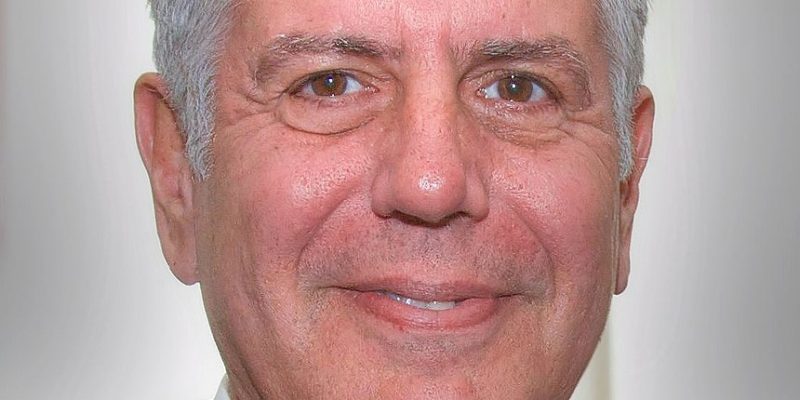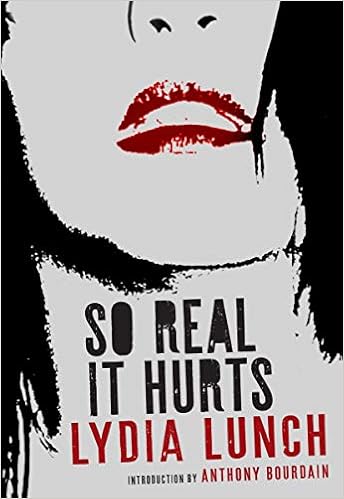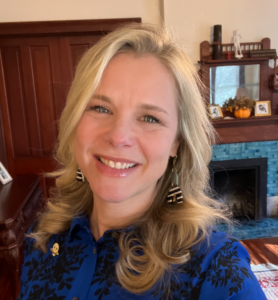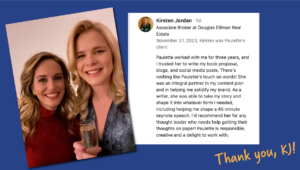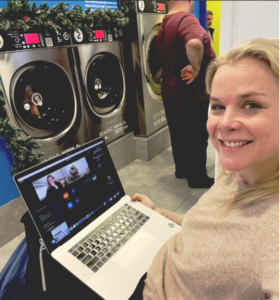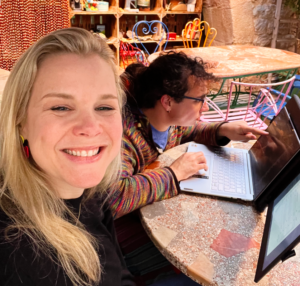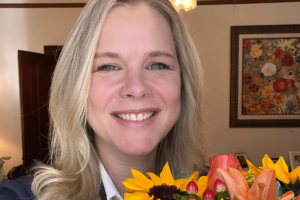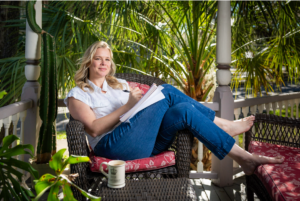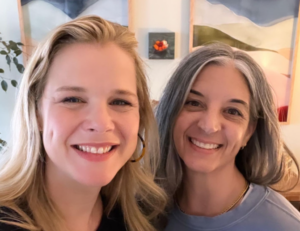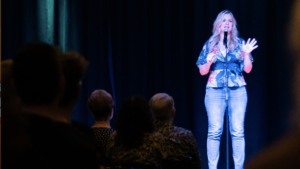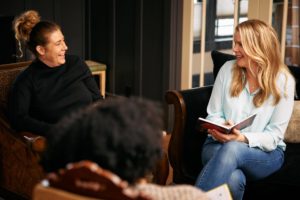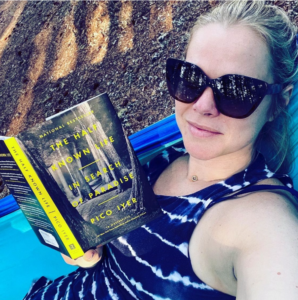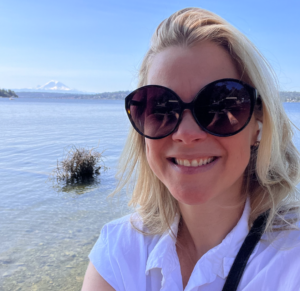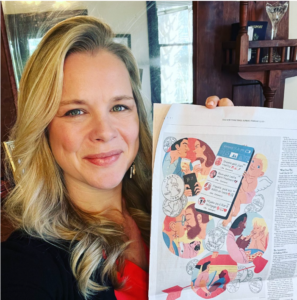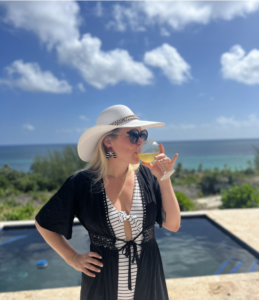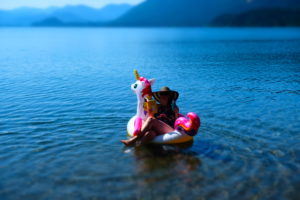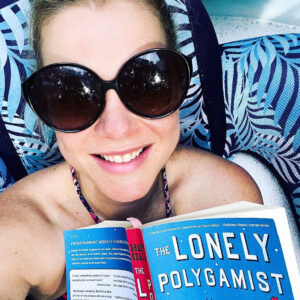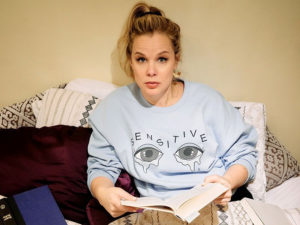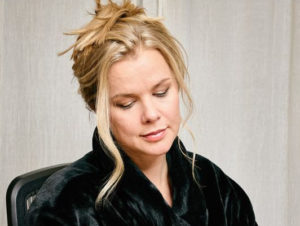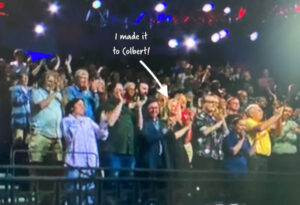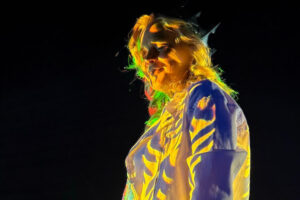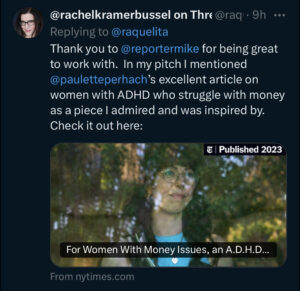Before my trip to South America, I looked for places he’d been. I had 24 hours in Cali in Colombia, and he’d gone there, had dinner with some local musicians. When they showed the outside, I paused the show and googled the name: Sevicheria Guapi.
A month later I was there. The owner came out as I approached. Can I help you? he asked, as if I’d approached a home and not a place of business.
You guys got dinner?
Oh yes, he said, then ran off some Spanish I missed, but in the unmistakable tone of a question, a suggestion of a meal.
Sure, I responded. He waved me inside and I followed.
About 15 minutes later he returned with a black lava stone bowl with a near glowing orange stew. My spoon stirred up shrimp, clams, and fish. The first sip coated my mouth with a salty, creamy sea.
Only after did I clarify what it was: cazuela de mariscos. Later I would look up the recipe to cook it for my friends. Cream, butter, half the ocean.
Anthony Bourdain brought me here.
In a world riff with BS, he was our tour guide to the real world. He got all up in the reality of where food came from. He let the world speak for itself.
I’ve said for a while now that my career goal is to be a lady Anthony Bourdain. And by that I mean to show myself as wrinkled, scarred, but alive. To be excited about the world, as messed up as it is. To invite people down to this other level, below the clouds of Coming Up Next and odeur de influencer.
He spoke up for the world, for those so often ignored.
Like so many of the best people, he was broken early. When he wrote one piece and sent it on a whim to the New Yorker, only to have it be published and change his life, he was delivered to us humbled and bemused.
“Don’t let the darkness eat you up,” sings José González, though he does not provide further instruction.
On the day I found out he was gone, I lay in bed, in the long skirt I wore to temples in Myanmar and an old boyfriend sweater, giving in to rounds of crying and letting everything I was supposed to do today buzz on my phone.
Because man. Even with the most delicious tastes in this world, death can sometimes taste even sweeter.
He never pretended the world was any other way.
I can’t believe he’s gone. What he left behind was his voice. On his show, which I still can’t bring myself to watch, in his stories, and in the places he pointed us toward.
I would take any book recommendation he has. These are a few.
Here are some of Anthony Bourdain’s favorite books:
A Brief History of Seven Killings by Marlon James
“Incredible.” —Anthony Bourdain
Publisher’s description:
On December 3, 1976, just before the Jamaican general election and two days before Bob Marley was to play the Smile Jamaica Concert to ease political tensions in Kingston, seven unnamed gunmen stormed the singer’s house, machine guns blazing. The attack wounded Marley, his wife, and his manager, and injured several others. Little was officially released about the gunmen, but rumors abounded regarding the assassins’ fates. A Brief History of Seven Killings is James’s fictional exploration of that dangerous and unstable time in Jamaica’s history and beyond. Deftly spanning decades and continents and peopled with a wide range of characters—assassins, drug dealers, journalists, and even ghosts—James brings to life the people who walked the streets of 1970s Kingston, who dominated the crack houses of 1980s New York, and who reemerged into a radically altered Jamaica of the 1990s. Brilliantly inventive, A Brief History of Seven Killings is an “exhilarating” (The New York Times) epic that’s been called “a tour de force” (The Wall Street Journal).
The Devil All the Time by Donald Ray Pollock
“A revelation.” —Anthony Bourdain
Publisher’s description:
In the backwoods of Ohio, Willard Russell’s wife is succumbing to cancer, no matter how much he drinks, prays, or sacrifices animals at his “prayer log.” Meanwhile, his son Arvin is growing up, from a kid bullied at school into a man who knows when to take action. Around them swirl a nefarious cast of characters—a demented team of serial killers, a spider-eating preacher, and a corrupt local sheriff—all braided into a riveting narrative of the grittiest American grain.
Between Meals by A. J. Liebling
“It’s fantastic. He was an enthusiastic lover of food and wine, very knowledgeable but never a snob. It’s the benchmark for great food writing.” —Anthony Bourdain
Publisher’s description:
In his nostalgic review of his Rabelaisian initiation into life’s finer pleasures, Liebling celebrates the richness and variety of French food, fondly recalling great meals and memorable wines. He writes with awe and a touch of envy of his friend and mentor Yves Mirande, “one of the last great gastronomes of France,” who would dispatch a lunch of “raw Bayonne ham and fresh figs, a hot sausage in crust, spindles of filleted pike in a rich rose sauce Nantua, a leg of lamb larded with anchovies, artichokes on a pedestal of foie gras, and four or five kinds of cheese, with a good bottle of Bordeaux and one of Champagne”―all before beginning to contemplate dinner.
True Grit by Charles Portis
“A masterpiece. Don’t settle for seeing the film versions. One of the great heroines of all time and a magnificent book filled with great dialogue.” —Anthony Bourdain
Publisher’s description:
True Grit is Portis’ most famous novel–first published in 1968, and the basis for the movie of the same name starring John Wayne. It tells the story of Mattie Ross, who is just fourteen years of age when a coward going by the name of Tom Chaney shoots her father down in Fort Smith, Arkansas, and robs him of his life, his horse, and $150 in cash money. Mattie leaves home to avenge her father’s blood. With the one-eyed Rooster Cogburn, the meanest available U.S. Marshal, by her side, Mattie pursues the homicide into Indian Territory. True Grit is eccentric, cool, straight, and unflinching, like Mattie herself. From a writer of true cult status, this is an American classic through and through. This new edition, with a smart new package and an afterword by acclaimed author Donna Tartt, will bring this masterpiece to an even broader audience.
So Real It Hurts by Lydia Lunch
“Takes no prisoners … ever. I’m inspired by her utter fearlessness.” —Anthony Bourdain
Publisher’s description:
“So Real It Hurts is the perfect title for this collection. It’s a mission statement. A few bleeding slices straight from the butcher shop. A sampler from an enormous archive of work that will, no doubt, be pored over by grad students, book lovers, film historians, music nerds and straight-up perverts a hundred years from now.” —Anthony Bourdain, from the Introduction
Through personal essays and interviews, punk musician and cultural icon Lydia Lunch claws and rakes at the reader’s conscience in this powerful, uninhibited feminist collection. Oscillating between provocative celebrations of her own defiant nature and nearly-tender ruminations on the debilitating effects of poverty, abuse, and environmental pollution, along with a visceral revenge fantasy against misogynistic men, Lydia Lunch presents her exploits without apology, daring the reader to judge her while she details the traumas and trials that have shaped her into the legendary figure she’s become.
Inserted between these biting personal essays, Lunch thoughtful cultural insights convey a widely-shared desire to forestall inevitable cultural amnesia and solidify a legacy for her predecessors and peers. Her interview with Hubert Selby Jr. and profile of Herbert Hunke, her short unromanticized histories of No Wave and of the late Sixties, and her scathing examination of the monetization of counterculture (thanks, Vivienne Westwood!) all serve to reinforce the notion that, while it may appear that there are no more heroes, we are actually just looking for heroes in the wrong places. The worthy idols of the past have been obscured by more profitable historical narratives, but Lunch challenges us to dig deeper.
Small print: I’m a writer who connects writers with books, programs, and writer toys that make the writing life easier or more fun. As it turns out, people get paid for that. So some of the links I have are affiliate links, which means that, at no cost to you, I get a commission if you click through and buy something. If I recommend something you don’t agree with, just let me know. I stand by everything I suggest as a resource that will help you be the writer you want to be.

